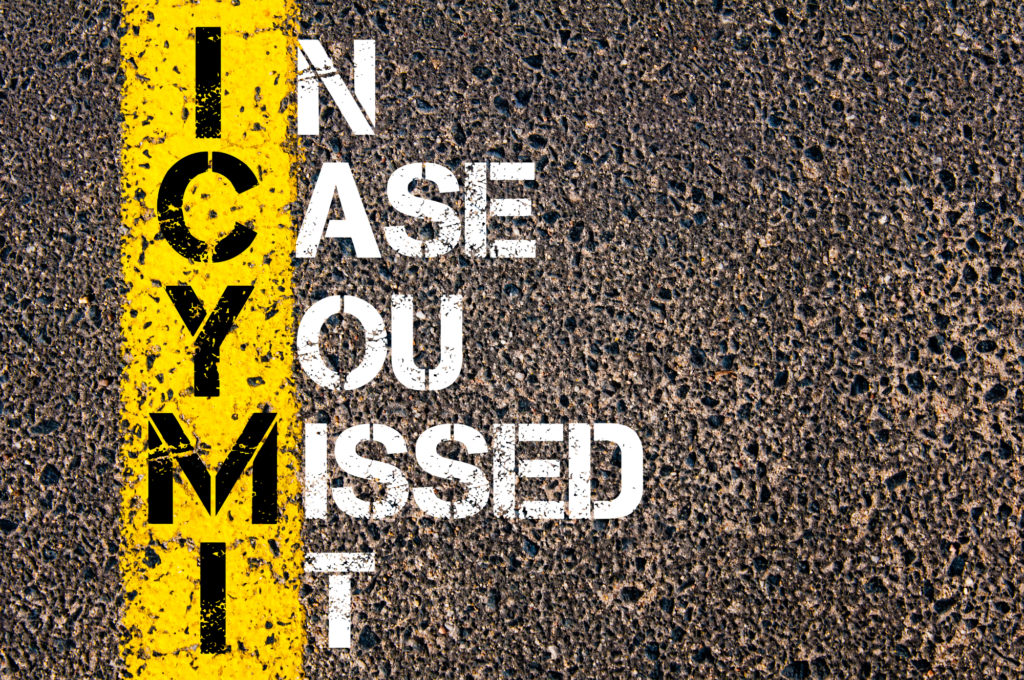Last week, we presented a psychedelics webinar entitled “How to Protect Your Psychedelics Business.” The panelists were Paul Coble from our Phoenix office), me (Griffen Thorne from our Los Angeles office), and Graham Pechenik of Calyx Law in San Francisco. In the webinar, we presented on business law and intellectual property issues that will affect new psychedelics businesses in Oregon and elsewhere, and also took questions from the audience. For those who were unable to attend, I’ll recap some of the key issues we discussed in the psychedelics webinar, in no particular order.
Psychedelics decriminalization measures don’t create legal psychedelics business opportunities. Decriminalization measures don’t change criminal laws but either reduce penalties or order local law enforcement to deprioritize enforcement. Take a recent decriminalization effort in San Francisco for example. This does not create commercial opportunities or allow dispensaries.
Oregon is the only state to date that will allow a regulated psilocybin market, and hasn’t opened its doors yet. Colorado is considering a bill allowing certain psychedelics businesses, but even if that bill is successful, it will take years for licensing to open up. Nothing else is on the immediate horizon from a state law perspective.
When the FDA approves MDMA and psilocybin drugs, they are likely to be administered in a very similar way to ketamine clinics today. Ketamine clinics may operate in compliance with federal laws, but they are restricted to licensed healthcare professionals. This is very different from how psilocybin will be regulated in Oregon and perhaps Colorado.
Cannabis law principles will apply to psychedelics businesses. One of the biggest issues we’re likely to hear about is the illegality defense and people bending over backwards to avoid litigation in federal court.
Psychedelics businesses are able to secure patent protection for inventions, even if the underlying technology or invention is illegal to use. Likewise, they are able to obtain copyright protection for manuals, artwork, and other creative works that may pertain to illegal subject matter. This is NOT the case for trademark protection, which must be based on a lawful use in commerce.
Businesses from all over the world are already rushing to file various patents on everything psychedelics related. Some of them are likely to be rejected for various reasons, but the rush towards patent protection could lead to massive patent infringement battles or small psychedelics businesses/facilitators being sued for infringement.
In the next few years, we are likely to see an explosion of psychedelics businesses across the country. As mentioned, we have a pretty good idea of how they will be regulated and the legal issues they face. The biggest issue that remains to be resolved is how the federal government will act once Oregon’s market comes online. We plan on hosting additional psychedelics webinars in the future as the industries mature and the federal position takes hold. Stay tuned to the Psychedelics Law Blog for more updates.

























